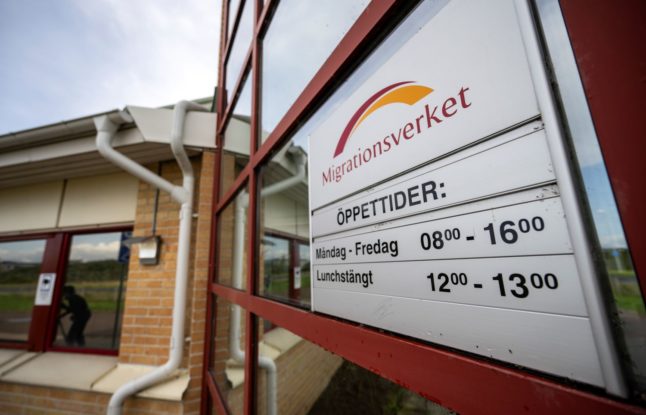“The new way of working aims to make it easier for companies to quickly obtain the labour they need,” Maria Mindhammar, director-general of the Swedish Migration Agency, wrote in a statement.
“To succeed, we need to concentrate our efforts and focus our service offerings where they are needed most – early in the process and in a way that is highly responsive to employers’ individual needs.”
From January 29th, the agency will prioritise service to employers recruiting highly qualified workers. It will do this by introducing a new way of sorting applications for permits, filtering by occupation and industry and sorting out applications which are ready for a decision, which, it claims, will also make it possible to cut processing times drastically.
IN NUMBERS:
It will do this by dividing work permit applications into four categories, ranked from A-D, of which only the first, Category A, will be handled by the new international recruitment units, with a new maximum processing time of just 30 days.
Category A applications will be those already classified as “highly qualified” under the Standard for Swedish Classification of Occupations (SSYK), and will include leadership roles, roles requiring higher university education, and roles requiring university education or equivalent.
In addition to this, the agency will offer a new service to employers handling highly-qualified workers, through help via phone, email, and potentially also in-person meetings, as well as extra support to major projects with large recruitment needs, like battery companies and new steel plants in Norrland which often require labour from third countries.
EXPLAINED:
“We will continue to engage with industry and employer organisations to meet their information needs. The goal is to increase the proportion of complete applications”, Mindhammar said.
Why are they doing this?
“We want Sweden to be competitive and to be able to attract talented people. That means making it simple to apply for work permits and for the process to go quickly,” Sweden’s Migration Minister Maria Malmer Stenergard said at a press conference in May 2023 announcing the system.
“We’ve unfortunately been dragged down by long processing times which have sometimes affected companies’ ability to compete.”
The so-called certified process, brought in back in 2011 by the Moderate-led Alliance government to reduce the then 12-month wait for work permits for big companies, had also stopped working, they said.
When it started only 20 companies were certified, most of them big employers like Volvo or Ericsson, now there are 640 companies, with many others accessing the process through agents such as EY.
In an interview with The Local’s Sweden in Focus podcast, Mindhammar’s predecessor, Mikael Ribbenvik, said that he had lobbied the government behind the scenes to task him with this, as it would allow him to carry out root and branch reform.
“I said to the government, ‘if this is what you want, be clear and task us with promoting that [highly skilled] segment’, and they did, and I’m very happy about that,” he said.



 Please whitelist us to continue reading.
Please whitelist us to continue reading.
Member comments